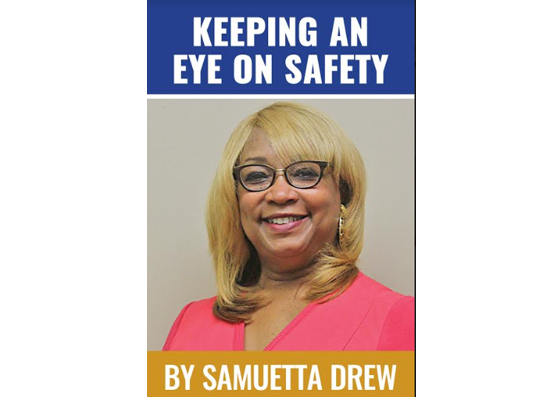By Samuetta Hill Drew
Each day 160,000 children miss school from the fear of being bullied. One in 10 children drop out of school because of being bullied. Nearly one in three parents of children 12-17 agree that bullying is more serious than other potential dangers such as domestic terrorism, car accidents, and suicide. These are alarming statistics. So, what can you do about it as a parent, if you suspect your child is being bullied, especially if they won’t talk about it?
Bullying can be stopped. It requires everyone to get involved to stop it. Knowledge, understanding and teaching are critical elements of prevention and response.
Last week’s article outlined behaviors which may imply your child is the victim of being bullied. If you detect any of these signs, yet your child does not want to discuss this topic, there may be some unspoken reasons why. Some of these reasons may be your child is ashamed of being bullied. It may also be your child is fearful of retaliation or they believe no one can or will help. Some children have bought into the lie that being bullied is a part of growing up or that “telling” on a classmate is not cool. Remember the old saying parents and teachers told young children “no one likes a tattletale.” Some children who are bullied by an adult believe adults are allowed to bully them.
So, as a parent what can you do? Your approach to this serious issue is key. You may want to ask the following questions to help them open up on the subject:
“I’ve heard many news stories about bullying. Is this a problem at your school or in your class?”
“I’m worried about you. Are there any kids at school teasing or picking on you?”
“Are there any children who are leaving you out on purpose?”
“Who are your friends at school this year? Who do you hang out or play with?”
“Who do you sit with at lunch or on the bus?”
“Are there any children in your class you really don’t like? Why?”
Based on your child’s response you then will know what next steps to take.
If your child is being bullied, don’t overreact. As an adult you must use different types of strategies to assist your child on how best to deal with conflict.
Research studies show that bullies begin with verbal harassment first. How the “victim” responds to this first verbal aggression determines whether the bully continues to target this particular child.
Teach your child to respond evenly and firmly keeping their dignity through the process. Help them prepare phrases such as “Well that’s your opinion” then walk away.
We discussed in an earlier article the importance of talking about the topic and even using age appropriate books on the topic with your child. It’s important you provide assistance to your child, even at an early age, on how to remain respectful of others while sticking up for themselves. It’s important you coach your child the correct way to handle teasing and bullying. Role- playing is a good way. Use this method to help them learn how to stand tall and use a strong voice when taking up for themselves.
Teaching your child how to Keep an Eye on Safety for their physical and mental well-being at school when you are not around is a great teachable life lesson.





